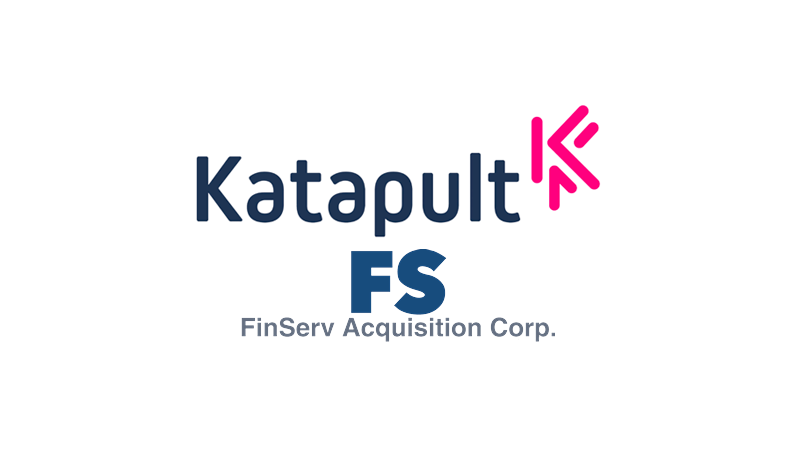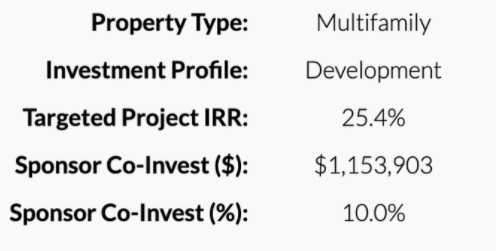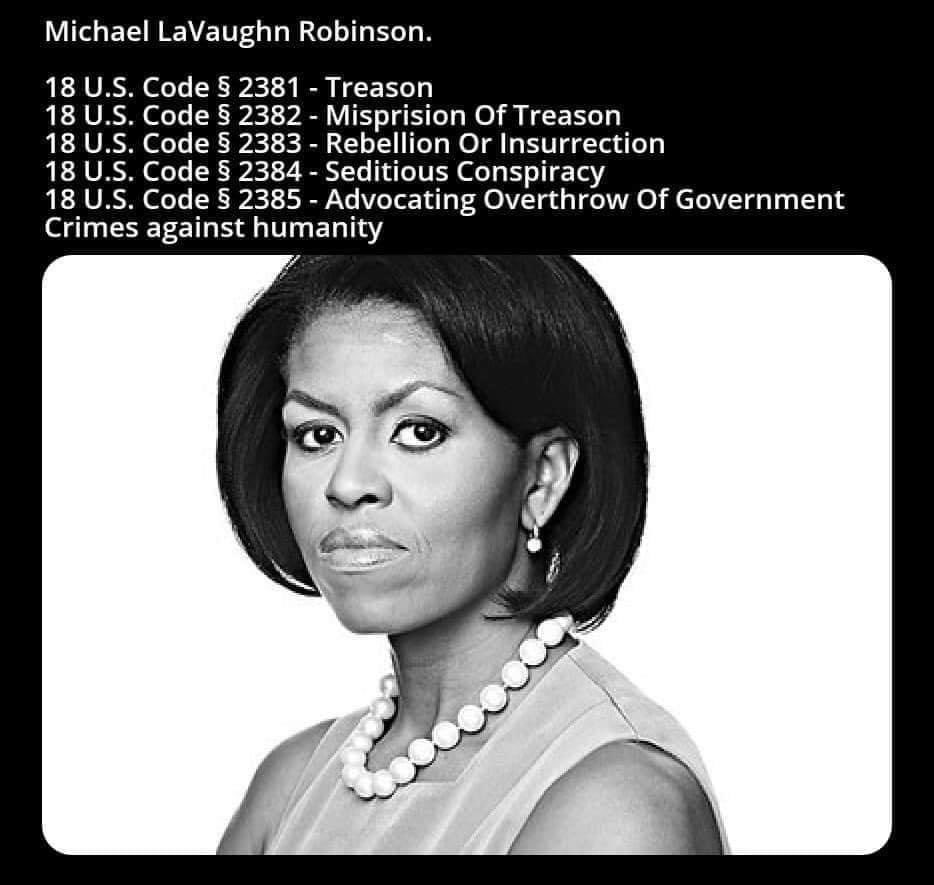A thread on how real estate investors, developers and operators can make millions a year and pay almost nothing in TAXES by using depreciation, bonus depreciation, and 1031 exchanges.
How it works:
It makes 30% of our cashflow tax free.
Very powerful but there is much more to it...
We'll have a cost segregation study done to split up the depreciable lifespan of different parts of the building. The raw land can't be depreciated so you have to give that a value.
The IRS has a depreciation schedule for each type. Some parts are 5 yrs. Others 15 years...
Now you can get 5 or 6% of the value as a deduction in the early years...
But wait... theres more.
So the doors, sidewalks, HVAC, walls, latches, curbs, security, gates, etc.
A % of this stuff goes in Yr 1
But then Trump got elected and he enacted the Tax Cuts and Jobs act. Moving this percentage to 100% from 2017 to 2023
So now 30% of your asset cost can be DEPRECIATED IN THE FIRST YEAR.
The cost segregation study came back. 30% of the asset cost can be depreciated on a 15 yr or faster timeframe. This is 100% deductible THIS YEAR...
https://t.co/FEt1sBoSWS
A $900k tax deduction. In year 1.
The facility will produce about $260k in NOI and $200k in free cashflow after interest expense.
So while $200k goes into the bank account the tax LOSS is $700k.
But wait there is more...
You can also carry these losses forward into eternity.
On these new properties we won't have a tax liability for 4+ years because of Bonus Depreciation...
INSANITY.
This is how real estate owners, operators, developers make millions a year and pay 0 taxes.
But if you've owned it longer than 12 months its taxed at capital gains...
And you can do whats called a "like-kind exchange" (1031 exchange) which allows you to use the proceeds to buy a new asset and shield the taxes and push them further down the line.
Powerful stuff.
You can even cost seg your vacation homes or small rental properties and its often very cost-effective.
Thanks for following along!
More from Nick Huber
More from Business
💸 Katapult provides leasing solution for e-commerce websites
🔥 It enables non-prime customers to lease durable goods online
🚩ALL founders left and $CURO owns 50% of Katapult
⁉️ What is hidden behind the $FSRV SPAC ⁉️
Here is an EASY thread 👇

Katapult was founded in 2012 and was initially called Zibby and operated by Cognical
💸 By 2015, it had raised $ 10m in equity and debt from VC funds such as Tribeca Venture Partners and Blumberg
Cognical was founded by 👇
Brandon Wright - a Cornell MBA who later founded @payfully
Ashutosh Saxena - a PhD in AI from Stanford (awards: https://t.co/YfViWWXqru)
Chinedu Eleanya - a serial entrepreneur who later founded @GetMulberry which sells extended warranty to shoppers
Zibby was a “Lease-To-Own” service designed for durable goods & products (furniture, appliances, electronics)
1️⃣ When customers purchase an item online, Zibby retains the rights to this item
2️⃣ Zibby rents the item to the customer
3️⃣ The customer can decide to purchase the full ownership rights of the item at any time
This model proved successful and Zibby was incubated by Cornell
It’s truly the Town Square of the Internet.
But finding the diamond in the rough voices can be tough.
Here are 20 of my favorite people to follow:
1. Alex Lieberman - @businessbarista
Alex writes extensively about the Founder journey.
The cool part is he’s lived everything he talks about - starting from $0 and selling for $75M with hardly any outside capital raised.
My favorite piece:
A life well-lived is a life-well planned.
— Alex Lieberman \u2615\ufe0f (@businessbarista) July 14, 2021
5 steps to build your own "Life Map" \U0001f9f5
2. Ryan Breslow - @ryantakesoff
Ryan is a Top 1% founder.
This guy is a machine - he’s built 2 unicorns before the age of 27.
Ryan spells out lessons on fundraising, operating and scaling.
My favorite piece:
The biggest lesson I\u2019ve learned in building a $4B company:
— Ryan Breslow \U0001f57a (@ryantakesoff) September 23, 2021
It\u2019s all about the people.
I\u2019m thrilled to announce today that Bolt is the first tech unicorn to officially shift to a 4 day work week.
Here\u2019s why we did it and how we came to the decision \U0001f447\U0001f447\U0001f447
3. Jesse Pujji - @jspujji
Jesse is who I think of when I think “bootstrapping.”
He bootstrapped his company to an 8-figure exit and now shares stories about other awesome bootstrappers.
He’s also got great insight into all things growth marketing:
Welcome new followers!!
— Jesse Pujji (@jspujji) September 16, 2021
Thanks for joining my entrepreneurial community.
To learn more about my journey, listen 2 my convo with @patrick_oshag.
I tell my story about bootstrapping, marketing, DTC and building a culture with conscious leadership. https://t.co/BSg6hCEE0L pic.twitter.com/gH4tAjfFBx
4. Post Market - @Post_Market
Post puts out some of the most thoughtful investment insights on this platform.
It’s refreshing because Post cuts through the hype and goes deep into the business model.
Idk who he/she/it is, but the insights are 💣.
Sweetgreen, ~$400M run-rate in sales (RLM% of 16% in 2019) and 140 units (+20-25 per year).
— Post M. (@Post_Market) October 25, 2021
Lets say 400 units by 2030 @ $3.5M AUV ($2.5M today) and 21.5% RLM. $300M RL EBITDA less $200M in G&A less $25M in maint. capex. is $75M in 'owners' EBIT
Last round at $1.6B. Yikes.


























